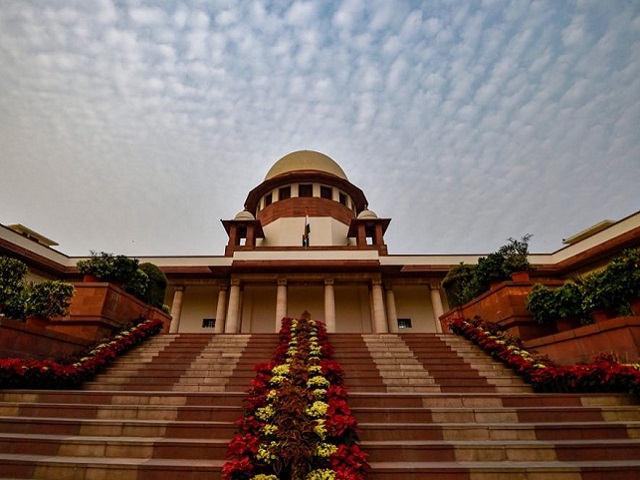
The Supreme Court on July 8, 2021 ruled that social media platforms with the potential to influence public opinion must be held accountable for the spread of disruptive messages and hate speeches. The ruling was delivered while the bench was hearing the Facebook vs Delhi Assembly case.
The Supreme Court bench comprising Justices S K Kaul, Dinesh Maheshwari and Hrishikesh Roy said, “Entities like Facebook have to remain accountable to those who entrust them with such power.”
Justice Kaul said while writing the judgement, “While Facebook has played a crucial role in enabling free speech by providing a voice to the voiceless and means to escape state censorship, we cannot lose sight of the fact that it has simultaneously become a platform for disruptive messages, voices, and ideologies.”
Supreme Court Ruling on Facebook vs Delhi Assembly case: Key Highlights
• The court ruled that entities like Facebook have to remain accountable to those who entrust them with such power. It stated that such vast powers must necessarily come with responsibility.
• The court noted that the successful functioning of a liberal democracy can only be ensured when citizens can make informed decisions and such decisions have to be made keeping in mind a plurality of perspectives and ideas.
• The court noted the information explosion in the digital age can create new challenges that are insidiously modulating the debate on issues where opinions can be vastly divided.
• It stated that while social media is enhancing equal and open dialogue between citizens and policymakers, it has become a tool in the hands of various interest groups who have recognised its disruptive potential.
• As a result of this, extremist views are peddled into the mainstream, thereby spreading misinformation, said the apex court.
• The court further stated that established independent democracies are seeing the effect of such ripples across the globe and are concerned.
Election and voting processes stand threatened: SC
• The Supreme Court also pointed out that election and voting processes, which are the foundation of a democratic government, stand threatened by social media manipulation.
• The court said that this has given rise to significant debates about the increasing concentration of power in platforms such as Facebook so that they can employ business models that are privacy-intrusive and attention-soliciting.
• The court noted that the effect of citizens being polarised and paralysed by such debates can be cataclysmic on a stable society and can divide the society vertically.
• It further stated that the less informed individuals may not verify information sourced from friends and treat information received from populist leaders as the gospel truth.
• The court also noted that the countries like the US, UK, Australia and the EU have made efforts to regulate platforms such as Facebook in an efficient manner but their efforts are still at a nascent stage as studies are being undertaken to understand the dynamism of the platform and its disruptive potential.
What are other countries doing to regulate social media?
Australia has recently formulated legislation that would require Facebook to pay publishers for using their news stories. The law is being seen as a tool to regulate the social media platform’s unchecked influence over political discourse, society, and democracy. Facebook in response blocked all news on its platform across the country. As a result, there was some relaxation.
The United States has been seen heated debates arising from the 2016 Presidential elections with allegations of supposed interference by Russia.
The European Union had also formed legislative proposals last year including the Digital Services Act and Digital Markets Act in an effort to set up rules for the social media platforms to follow.
Background
Facebook is the most popular social media platform in India with about 270 million registered users. The Supreme Court was hearing the case regarding the controversy over the Delhi Assembly committee summoning Facebook Vice-President Ajit Mohan for the spread of hate messages during the Delhi riots.

